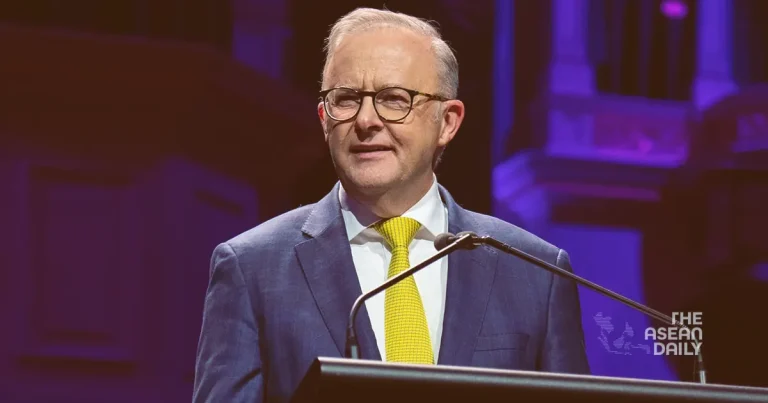27-11-2024 (CANBERRA) In a groundbreaking move that has sparked intense debate across Australia, Parliament is advancing legislation that would establish the world’s most stringent age restrictions for social media access, barring users under 16 from major platforms.
The sweeping reform bill, which cleared the House of Representatives on Wednesday, would impose hefty penalties of up to AU$50 million on social media giants like Meta, TikTok, and X for failing to prevent underage access. The measure has garnered broad political support, with both major parties backing the initiative and all state and territorial leaders endorsing the framework, save for Tasmania’s preference for a lower age threshold of 14.

However, the proposed legislation has drawn sharp criticism from technology experts and child welfare advocates. More than 140 specialists have penned an open letter to Prime Minister Anthony Albanese, arguing that the blanket age restriction is overly simplistic and may prove counterproductive.
Leo Puglisi, a 17-year-old digital entrepreneur from Melbourne, exemplifies the generational divide in perspectives. “The lawmakers crafting these restrictions didn’t grow up in the social media era”, says Puglisi, who founded the online news service 6 News Australia at age 11. “Social media isn’t just entertainment—it’s become integral to young people’s communities and future careers”.
The legislation stems partly from tragic cases like that of Carly Ryan, whose murder by an online predator in 2007 marked Australia’s first social media-related killing. Her mother, Sonya Ryan, now a cyber safety campaigner, strongly supports the age restriction. “We’re seeing children struggle with everything from pornography to misinformation to sextortion”, she maintains. “They simply lack the life experience to navigate these dangers”.
Implementation challenges loom large, particularly regarding age verification. Digital identification appears the likely solution, though internet studies professor Tama Leaver of Curtin University warns against allowing social media companies to become “identity arbiters”.
Social media platforms would have 12 months following the law’s enactment to develop compliant age verification systems. The Senate is expected to consider the legislation in coming weeks, potentially making Australia the first nation to implement such comprehensive restrictions on youth social media access.




